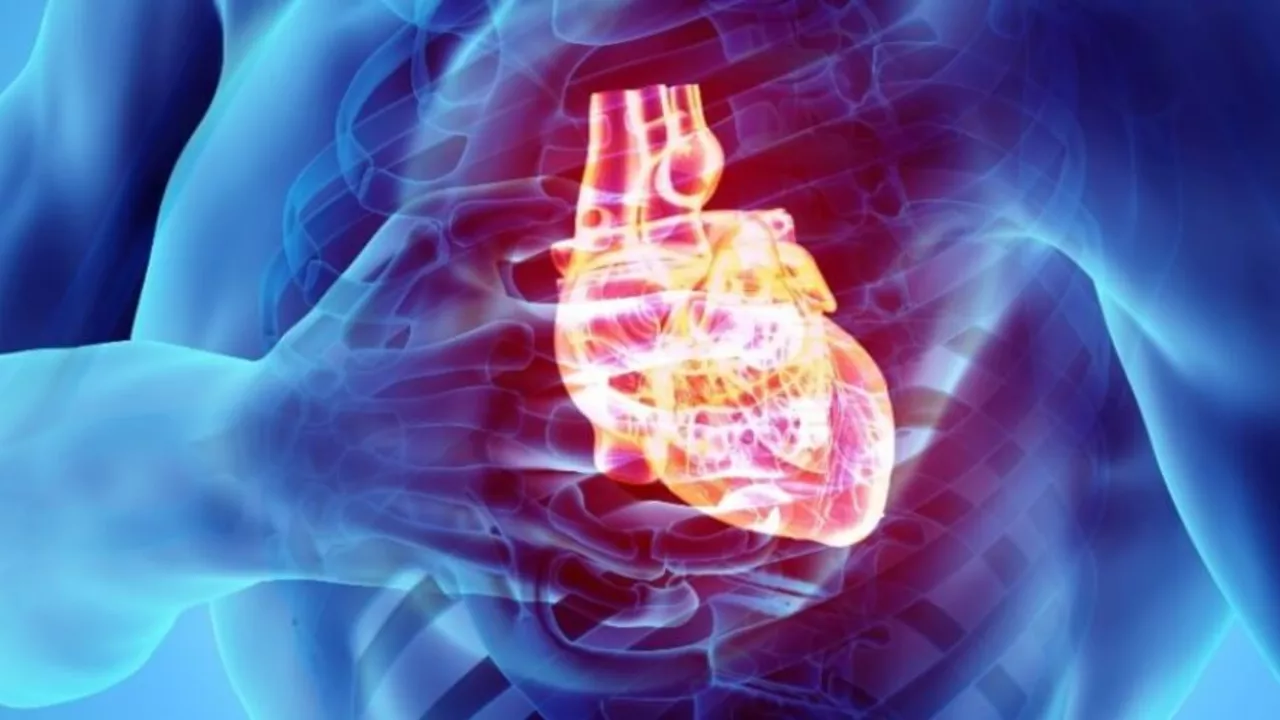Gas in Sports: Understanding Its Role and Impact
When talking about gas, a colorless, flammable substance used as fuel or energy source. Also known as petrol, it drives everything from engines to generators, making it a core element in modern sport. Fuel any material that releases energy through combustion, often synonymous with gas, is the backbone of high‑speed events. Energy the capacity to do work, whether stored chemically or electrically powers athletes, lights stadiums, and fuels the excitement fans crave. In short, gas fuels the machines, fuel fuels the games, and energy fuels the people watching them.
How Gas Shapes Different Sports Worlds
Think about motorsports: every lap hinges on a steady supply of gas that turns pistons into speed. That same gas, when refined into high‑octane fuel, lets race cars outrun rivals and push engineering limits. Outside the track, many stadiums rely on natural gas generators to keep lights blazing during night games, ensuring fans never miss a moment. Even on the field, athletes reach for energy drinks—essentially a liquid form of gas—that deliver quick sugars and electrolytes, acting like a portable fuel tank for muscles. These connections show that Stadium Power the electricity and heat supplied to venues, often via gas‑driven generators is just as crucial as the gasoline in a racing car. Together they illustrate three semantic triples: Gas powers race cars, Fuel runs stadium generators, and Energy drinks boost athlete performance.
Below you’ll find a mix of articles that touch on these themes—from why NFL teams practice certain days to the debate over showboating in pro sports, and even the quirks of luck in team games. Each piece adds a layer to the big picture of how energy sources, whether liquid or gaseous, shape the sports landscape. Ready to see how gas, fuel, and energy intersect with the games you love? Dive into the collection and discover practical takeaways, surprising facts, and fresh perspectives that tie every post back to the power behind the play.
In my latest research, I discovered that while gas and acidity can cause significant discomfort, they don't directly lead to cardiac arrest. However, severe heartburn or acid reflux can mimic symptoms of a heart attack, causing panic and stress, which in extreme cases could contribute to heart issues. It's crucial to differentiate between heartburn and heart symptoms, so don't hesitate to seek medical advice if in doubt. Keep in mind, maintaining a balanced diet and healthy lifestyle can prevent both acidity problems and heart diseases. So, while there's an indirect link, gas and acidity don't directly cause cardiac arrest.

 Sports News
Sports News